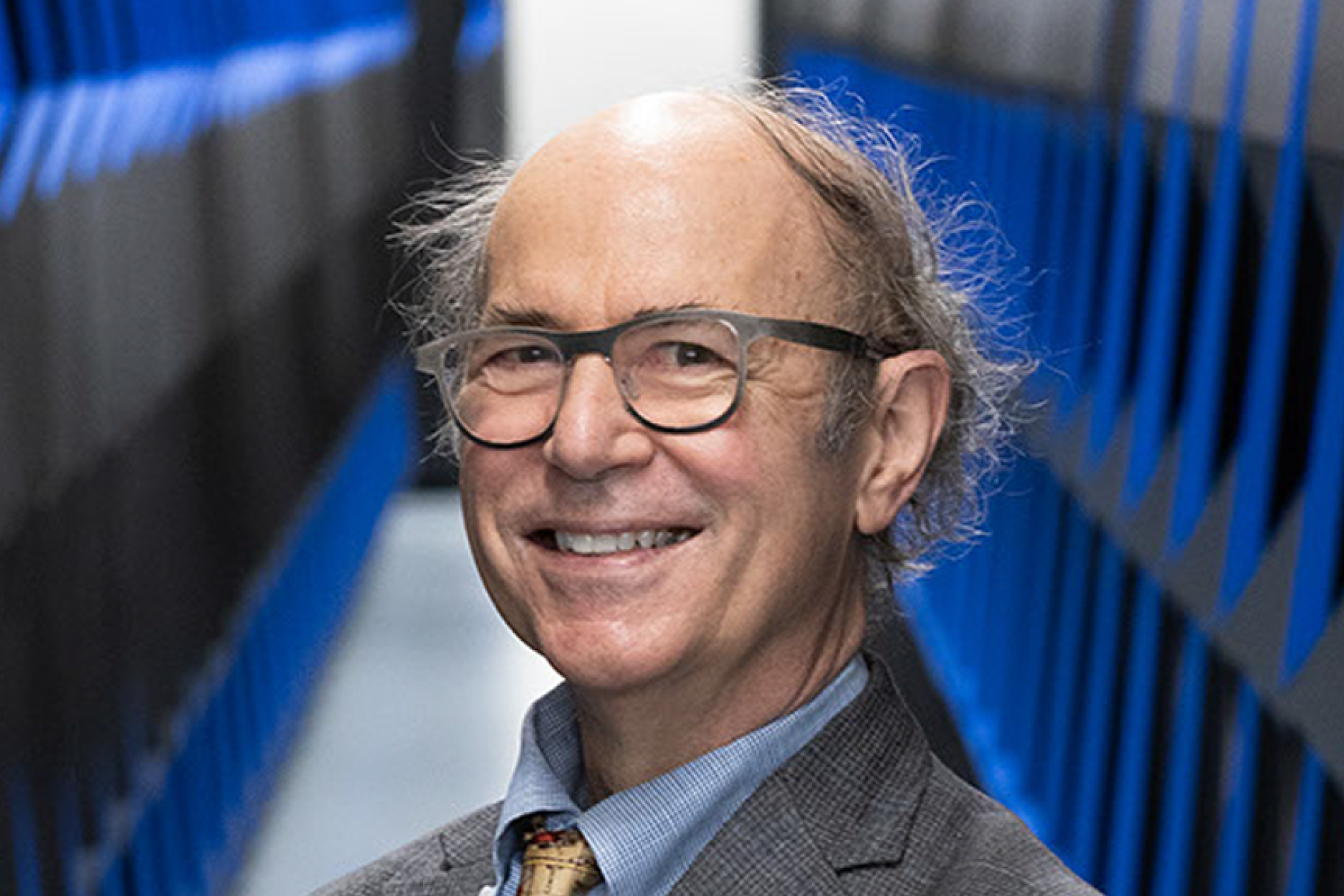Our Strange Universe: What Is It? What Does It Mean?
A Conversation With Frank Wilczek, Winner of 2004 the Nobel Prize in Physics
Date: Wednesday, Oct. 30
Time: 6 p.m.
Location: Stewart Center’s Loeb Playhouse
This event is free and open to the public with a general admission ticket.
Reserve Your SeatFrank Wilczek, considered one of the world’s most eminent theoretical physicists and a pioneer in the field of quantum mechanics, shared the 2004 Nobel Prize in Physics with David Gross and David Politzer for their 1973 discovery of “asymptotic freedom in the theory of the strong interaction,” an essential feature in nuclear matter.
Wilczek is the Herman Feshbach Professor of Physics at the Massachusetts Institute of Technology.
In announcing the 2004 Nobel Prize, the academy noted that Gross, Politzer and Wilczek “brought physics one step closer to fulfilling a grand dream, to formulate a unified theory comprising gravity as well — a theory for everything.”
As a 21-year-old Princeton University graduate student working with Gross, Wilczek made the decisive breakthrough that gave us quantum chromodynamics, the fundamental theory of the strong nuclear force known as QCD.
Wilczek also has made many other seminal contributions to fundamental particle physics, cosmology and the physics of materials. His current theoretical research includes work on axions, anyons and time crystals. These are concepts in physics which he named and pioneered. Each has become a major focus of research worldwide.
In addition to his scholarly achievements, Wilczek has written several popular books, including “A Beautiful Question” (2015), “The Lightness of Being” (2008) and, with his wife, Betsy Devine, “Longing for the Harmonies” (1988). In his 2021 book, “Fundamentals,” Wilczek presents 10 deep scientific insights that illuminate questions often considered philosophical or even theological.
Partly in recognition of this work, he was awarded the Templeton Prize in 2022. The Templeton Prize honors those who “harness the power of the sciences to explore the deepest questions of the universe and humankind’s place and purpose within it.” It is one of the world’s largest annual individual awards, valued at more than $1.3 million.
Wilczek is now at work writing “Futures,” which he describes as an exploration of what is, what could be and what should be in the light of modern science.
He is a member of the National Academy of Sciences and the American Academy of Arts and Sciences, and a foreign member of the Academies of Sciences of the Netherlands, Poland, Sweden and China.
Born in Queens, New York, Wilczek received a bachelor’s degree from the University of Chicago in 1970 and a PhD in physics from Princeton in 1974, teaching there from 1974-81.
